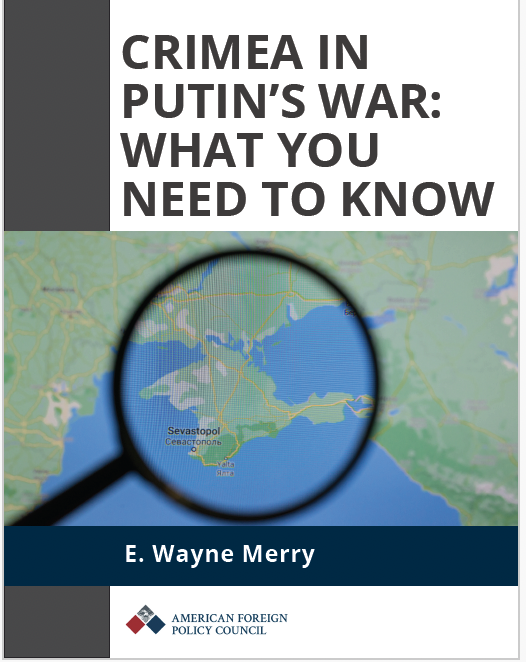Any political effort to resolve Russia’s war against Ukraine must reckon with the special circumstances of Crimea. The Black Sea peninsula may play a secondary role in the active fighting, but the status of Crimea is absolutely central to this war and to the underlying conflict between Ukraine and Russia. It was in fact the Russian forceable annexation of Crimea in early 2014 which initiated the current war. Moscow still denies that even its massive invasion of mainland Ukraine in 2022 constitutes a war, while stressing its own long history in Crimea before it became part of Ukraine in 1954. What Moscow ignores is that its actions of 2014 in Crimea and the Donbas have created new history because they violated the 1999 basic “friendship” treaty of Russia with Ukraine, a range of other bilateral and multilateral agreements, and its fundamental obligations under the United Nations Charter.1
Many recent Western commentaries on the war treat Crimea as secondary to the fighting on battlefields further north or even want to consider the peninsula as a bargaining chip for a future settlement. However, ignoring the fate of Crimea or pushing the issue to the side of the negotiating table would be counterproductive to any broader peacemaking effort. A basic knowledge of the historical background is essential to any serious attempt at conflict resolution. This study does not attempt to propose the outlines of a diplomatic resolution, but seeks to provide historical context for anyone engaged in such an effort or even in producing commentary on the war. The basic message here is that Crimea is significantly different than the other issues in the Russia-Ukraine conflict and hence presents special challenges for policy and for diplomacy.

